All Stories
-
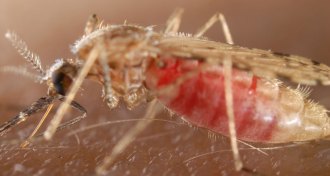 Health & Medicine
Health & MedicineMosquitoes can get a double dose of malaria
Carrying malaria may make mosquitoes more susceptible to infection with a second strain of the parasite that causes the disease.
-
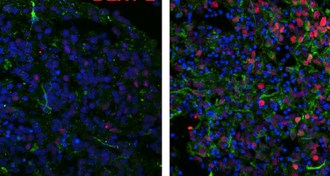 Neuroscience
NeuroscienceBundles of cells hint at biological differences of autistic brains
Using miniature organoids that mimic the human brain, scientists have identified developmental differences between autistic children and their non-autistic family members.
-
 Neuroscience
NeuroscienceHow screams shatter the brain
The acoustical properties of screams make them hard to ignore, a new study suggests.
-
 Animals
AnimalsPolar bears’ ‘walking hibernation’ not much of an energy saver
Summer’s “walking hibernation” doesn’t shut down polar bears as much as winter does.
By Susan Milius -
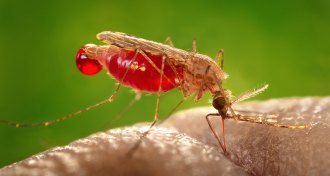 Life
LifeGood luck outsmarting a mosquito
Mosquitoes use their senses in sophisticated combinations and sequences to find you.
By Susan Milius -
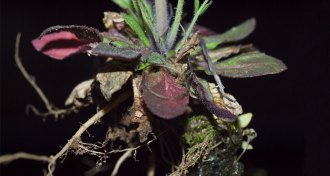 Plants
PlantsDefense hormones guide plant roots’ mix of microbes
Plants use salicylic acid to attract some bacteria to roots and repel others.
-
 Physics
PhysicsElusive particle shows up in ‘semimetal’
Weyl fermions, which resemble massless electrons, have been spotted inside tantalum arsenide. Their discovery comes 86 years after they were proposed.
By Andrew Grant -
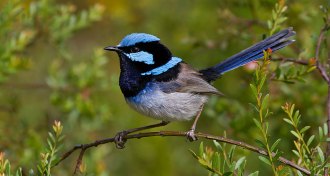 Animals
AnimalsBirds learn what danger sounds like
In just two days, superb fairy-wrens learned to recognize an unfamiliar alarm call as a sign that a predator loomed.
-
 Neuroscience
NeuroscienceHow screams shatter the brain
The acoustical properties of screams make them hard to ignore, a new study suggests.
-
 Climate
ClimateCurrent El Niño coming on strong
Meteorologists expect the ongoing El Niño to strengthen in the coming months and alter weather patterns worldwide, including bringing potential drought relief to California.
-
 Health & Medicine
Health & MedicineIn children, a sense of time starts early
Minutes, hours, days and years start to take on new meaning as children acquire a deeper concept of time.
-
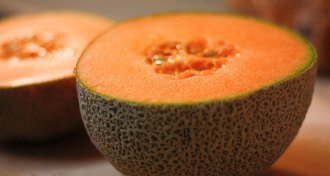 Genetics
GeneticsMelonomics: Sounds like a cancer, smells like a melon
The project that published the first melon genome dubbed itself melonomics.